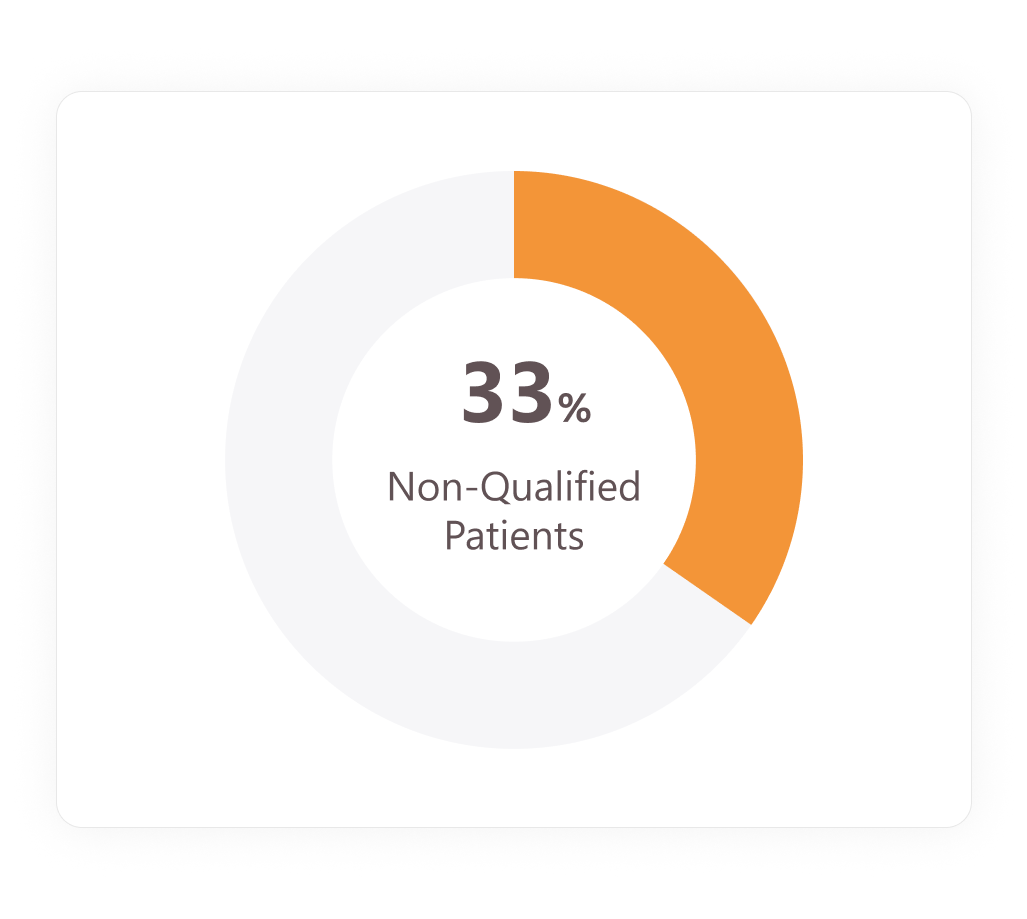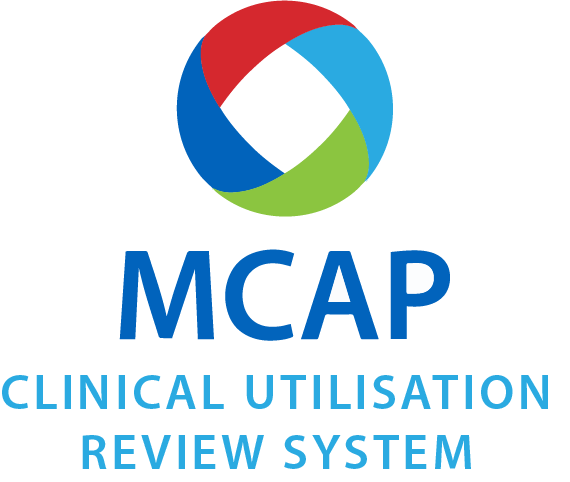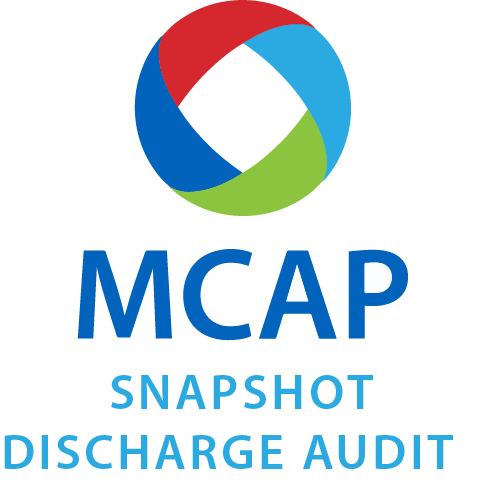MCAP has been used in over 175 UK hospitals
RTT & Non-RTT Patient Audit
Identify patients whose care could be safely delivered without follow-up appointments
Why MCAP Snapshot Discharge Audit?
Reduce RTT & Non-RTT waiting lists
Identify patients who no longer require their care to be managed on the RTT and Non-RTT pathways, and those whose care could be safely delivered without follow-up appointments
Identify recommended level of care
Assess if the patients were at the correct level of care; if not, what level of care was needed; and also if not, what were the reasons the patient was not at the correct level of care
Reduce hospital appointments
Identify which patients can be returned to GP/Primary Care, Patient Initiated Follow-Up (PIFU) or a virtual appointment pathways
Identify non-qualified reasons
Understand the reason for patients being non-qualified for their current level of care
How the MCAP clinical decision support tool is being used to reduce RTT and Non-RTT waiting lists and identify ‘care closer to home’

The challenge
NHS data indicates that over 7.22 million patients are on waiting lists for specialist clinical care or surgery. Waiting times have also grown, with 362,498 appointments experiencing waits of over one year, and 92% of appointments experiencing waits of up to 46.2 weeks. To support the NHS in addressing this challenge, the MCAP clinical team have worked with NHS England and the clinical teams at Croydon University Hospital and Leeds Teaching Hospitals, to adapt the MCAP clinical utilisation review solution, so that it can be used to review the Referral to Treatment (RTT) and follow-up Non-Referral to Treatment (Non-RTT) waiting lists.

Reducing RTT & Non-RTT Waiting Lists
MCAP has been used to identify patients who no longer require their care to be managed on those pathways, and those whose care could be delivered without follow-up appointments, supporting a reduction in waiting lists. MCAP has been developed to cover a variety of RTT and Non-RTT pathways, including (but not limited to): dermatology, gynaecology, otorhinolaryngology, respiratory, neurology, gastroenterology, orthopaedics, urology and cardiology.

Case Study: Croydon University Hospital
A concurrent review of dermatology and gynaecology was conducted using the MCAP system to determine if the patients were at the correct level of care; if not, what level of care was needed; and also if not, what were the reasons the patient was not at the correct level of care. The audit accessed 1000 gynaecology and 1600 dermatology patients.
The audit at Croydon University Hospital found 33% of gynaecology patients and 29% of dermatology patients on the RTT & Non-RTT waiting lists could be safely treated without a follow-up appointment. The full case study has been published on the FutureNHS Collaboration Platform. Contact the team at mcap@vitalhub.com to learn more.
of gynaecology patients on the RTT & Non-RTT waiting lists could be safely treated without a follow-up appointment
of dermatology patients on the RTT & Non-RTT waiting lists could be safely treated without a follow-up appointment




